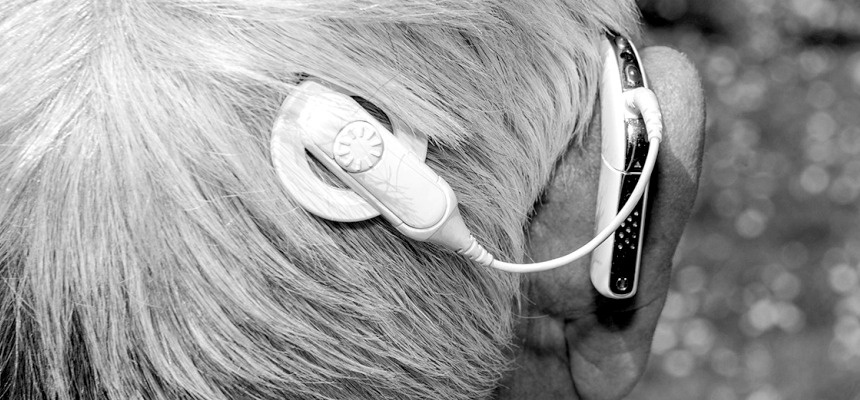Learn about the Cochlear implant Surgery

A cochlear implant is an electronic device that restores hearing. It can be an option for new born infant to adults who have severe to profound hearing loss from inner-ear damage and who receive limited / no benefit from hearing aids. Unlike hearing aids which amplify sound, a cochlear implant bypasses damaged portions of the ear to deliver sound signals to the auditory (hearing) nerve. Cochlear implants use a sound processor that fits behind the ear. The processor captures sound signals and transmits them to a receiver stimulator device implanted under the skin and over the temporal part of skull bone behind the ear. The receiver sends the signals to electrodes implanted in the snail-shaped inner ear (cochlea).

The signals stimulate the auditory nerve, which then directs them to the brain. The brain interprets those signals as sounds, though these sounds won't be just like normal hearing. It takes time and training to learn to interpret the signals received from a cochlear implant. Within a year of use, most infants with cochlear implants make considerable gains in understanding and express speech. Whereas in children and adults who had already developed speech (post lingual), the rehabilitation will be limited and only 3 to 6 months and by then they will also be able to use telephone. Dr. N.VISHNU SWAROOP REDDY, MS (ENT) FRCS (Edinburgh) FRCS (Ireland) DLORCS (England), Head of the dept. & Chief Consultant E N T and Facial Plastic Surgeon CAREHOSPITALS shares his valuable inputs on this subject.
Why it's done
Cochlear implants can improve communication and quality of life for people with severe to profound hearing loss who receive little benefit from hearing aids. Increasingly, cochlear implants in both ears (bilateral) are accepted as standard care for the treatment of severe hearing loss — particularly for infants and children who are learning to speak and to process language.Adults and children who lost hearing after learning to speak can also benefit from cochlear implants.
People who have cochlear implants report improved:
- Ability to hear speech without needing visual cues such as reading lips
- Recognition of normal, everyday environmental sounds
- Ability to listen in a noisy environment
- Ability to find where sounds are coming from
- Ability to hear television programs and telephone conversations
To be eligible for a cochlear implant, you must have:
- Hearing loss that is so severe it interrupts spoken communication
- Limited benefit from hearing aids as determined by specialized hearing tests
- No medical conditions or factors that increase the risks associated with cochlear implants
- High motivation to participate in rehabilitation sessions and to be part of the hearing world
- Clear understanding of what cochlear implants can and cannot do for hearing.
Risks
Cochlear implantation surgery is generally very safe. The following risks are very rare.
- Inflammation of the membranes surrounding the brain and spinal cord (meningitis) following cochlear-implant surgery in children. Vaccinations to prevent meningitis are generally given two weeks before implantation.
- Occasionally, surgery to repair or replace a faulty device
- Infection at the surgery site

 Disclaimer: Welthi.com does not guarantee any specific results as a result of the procedures mentioned here, and the results may vary from person to person.
Disclaimer: Welthi.com does not guarantee any specific results as a result of the procedures mentioned here, and the results may vary from person to person.









